
As the U.S. healthcare system undergoes reconstruction, refugee voices are not prominent voices in that discussion. New immigrant and refugees are covered under Medicaid yet experience a unique set of challenges such as language barriers and unfamiliarity with the US healthcare system, for which there is no additional support. According to the AHRQ in 2016, economically insecure ethnic/racial minorities bear an unequal burden in terms of disparities in health. Furthermore, it has been proposed that federal immigration officials would be allowed to consider legal immigrants’ use of public health insurance, nutrition and other programs as a strongly negative factor in their applications for legal permanent residency (Meyer, 2018). To the average US citizen this may seem to not impact them personally; however, according to the US census bureau, “by 2050, racial/ethnic minorities will account for nearly 50% of the total U.S. population.” If minority groups continue to experience poor health, the demographic changes will further the impact of disparities in health in the US. Therefore, this series was created to highlight refugee experiences in healthcare with a transatlantic comparison between Germany and the US. Each image is of a refugee and then they chose a quote from their interview to attach to the picture. Germany has a multipayer universal healthcare system where there is health insurance available for people who earn less and private insurance for people who earn more and choose to purchase their own. The US has a non-universal multipayer healthcare system, where people who earn more are able to purchase more healthcare; however, people who earn less typically receive less healthcare. Pictures from Germany and US offer a comparison of the positives and negative aspects of each healthcare system for refugee groups. The goal of this exhibit is to showcase refugee healthcare experiences to lead to improvements in the US healthcare system that will benefit refugees.
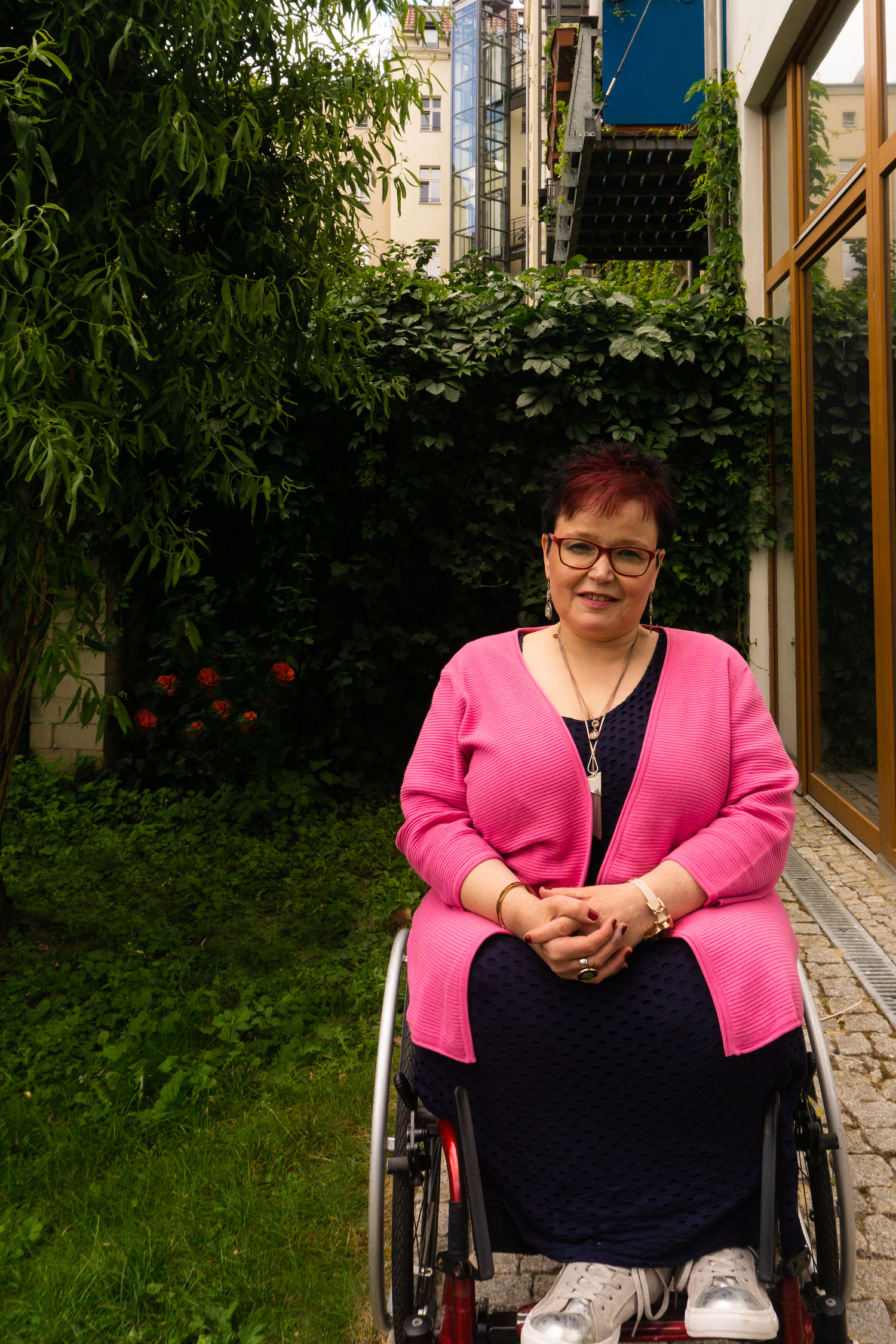
Germany – “People often say that Germany has the best healthcare system in the world. That kind of sentence can only be uttered by someone who does not rely on it every day”.
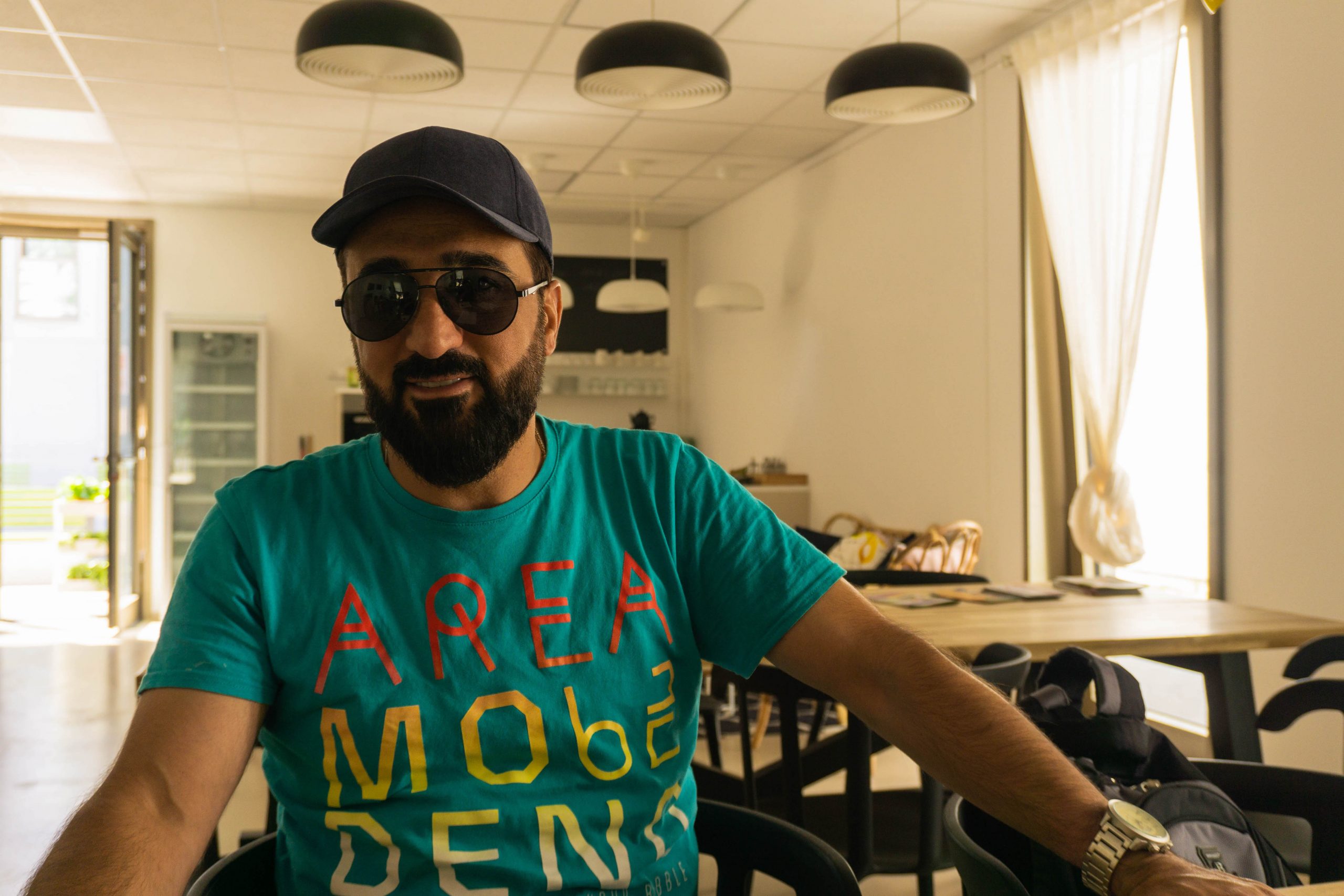
Germany – “Doctors are respectful of time. [I] don’t pay much for healthcare. For me it was free. [It is] much better than Iran. There is a huge difference”.

Germany – “I have had normal experiences with doctors, and they speak multiple languages. It is easy to get treatment and medications. I used to be overweight but in Germany I am not”.
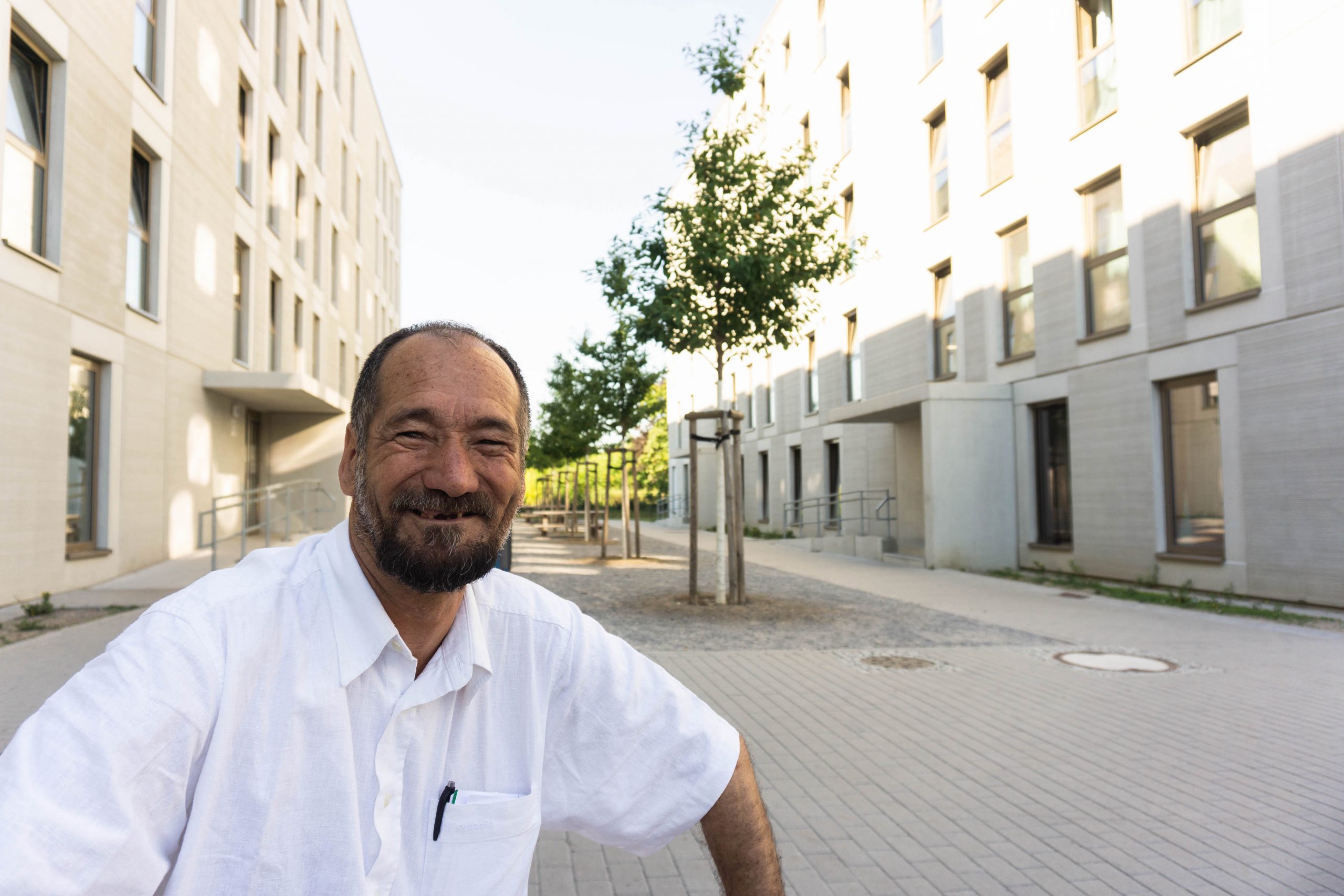
Germany – “Doctors with refugees here are really good. Full of humanity and manners. There are a lot of good things but something else as well. They take so long for appointments. Sometimes I get a bad headache and the social team sets up an appointment after one month, but we need it immediately. If the situation is better in America, then I will come there”.
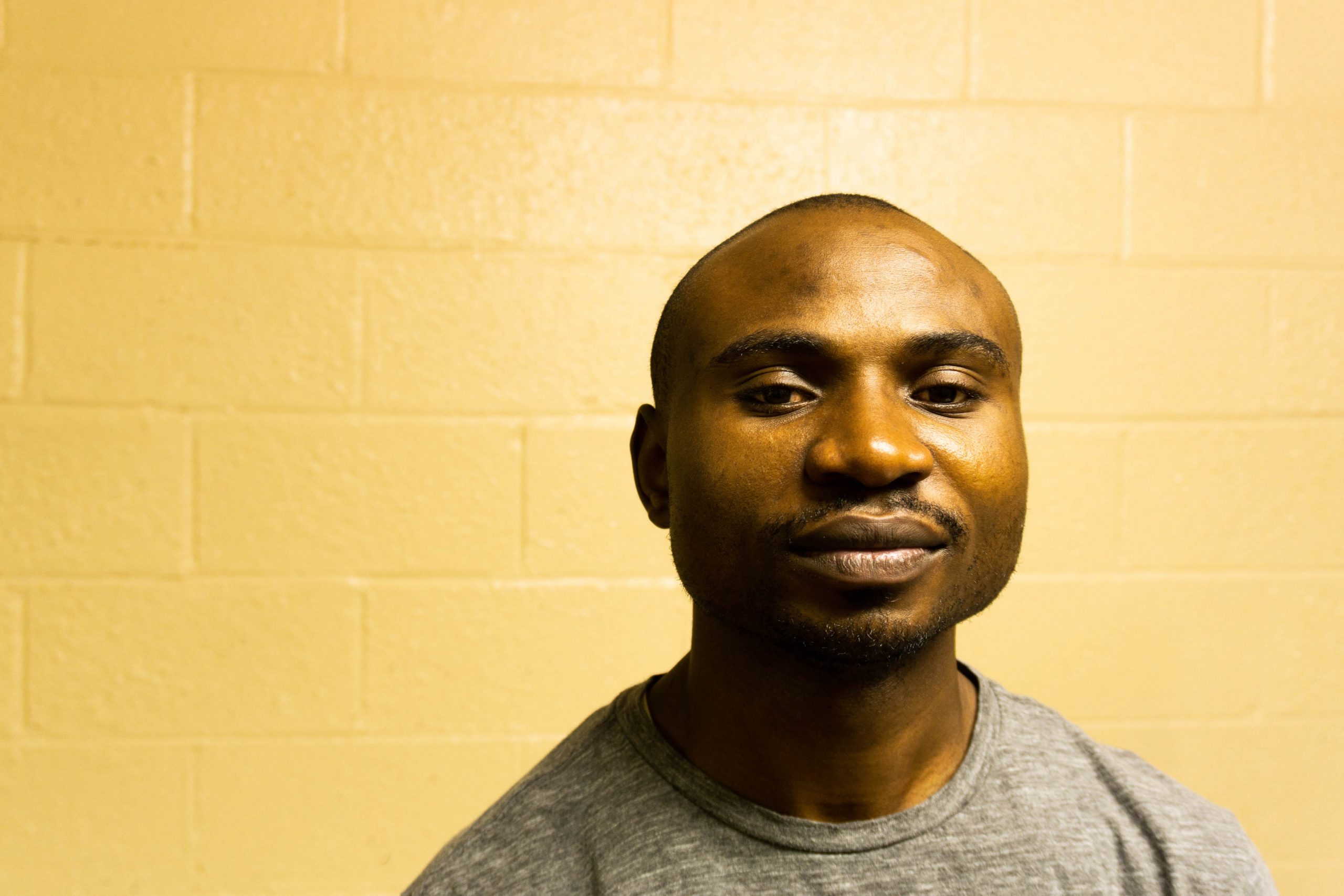
US – “My wife was ill, and my brother helped her get to the hospital with me. Because of our culture my brother could not enter the room with her. But the doctor did not understand that. Your life is better than mine. You have levels, English, and you are in [an] American school. You will get a good job. I cannot”.
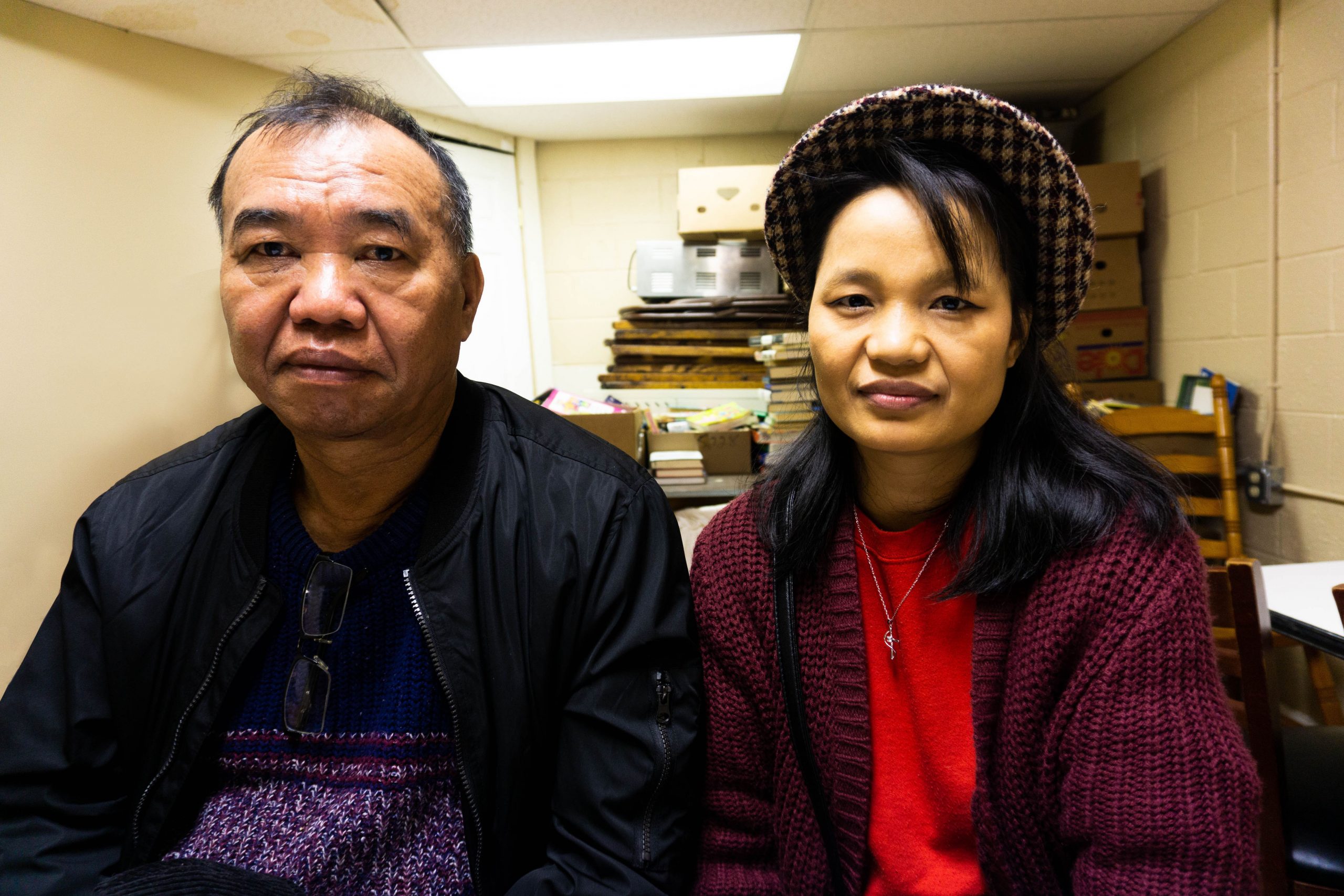
US – “The doctors care a lot. They take good care. I trust hospitals or doctors. If I go there I will be healed”.

US – “I was a head and neck surgeon in Malaysia and Iraq. Here I am a sales associate and translator. For kids the healthcare system is very nice. When you are over 18 then you have struggles. I can never go to the emergency room. It will cost too much”.
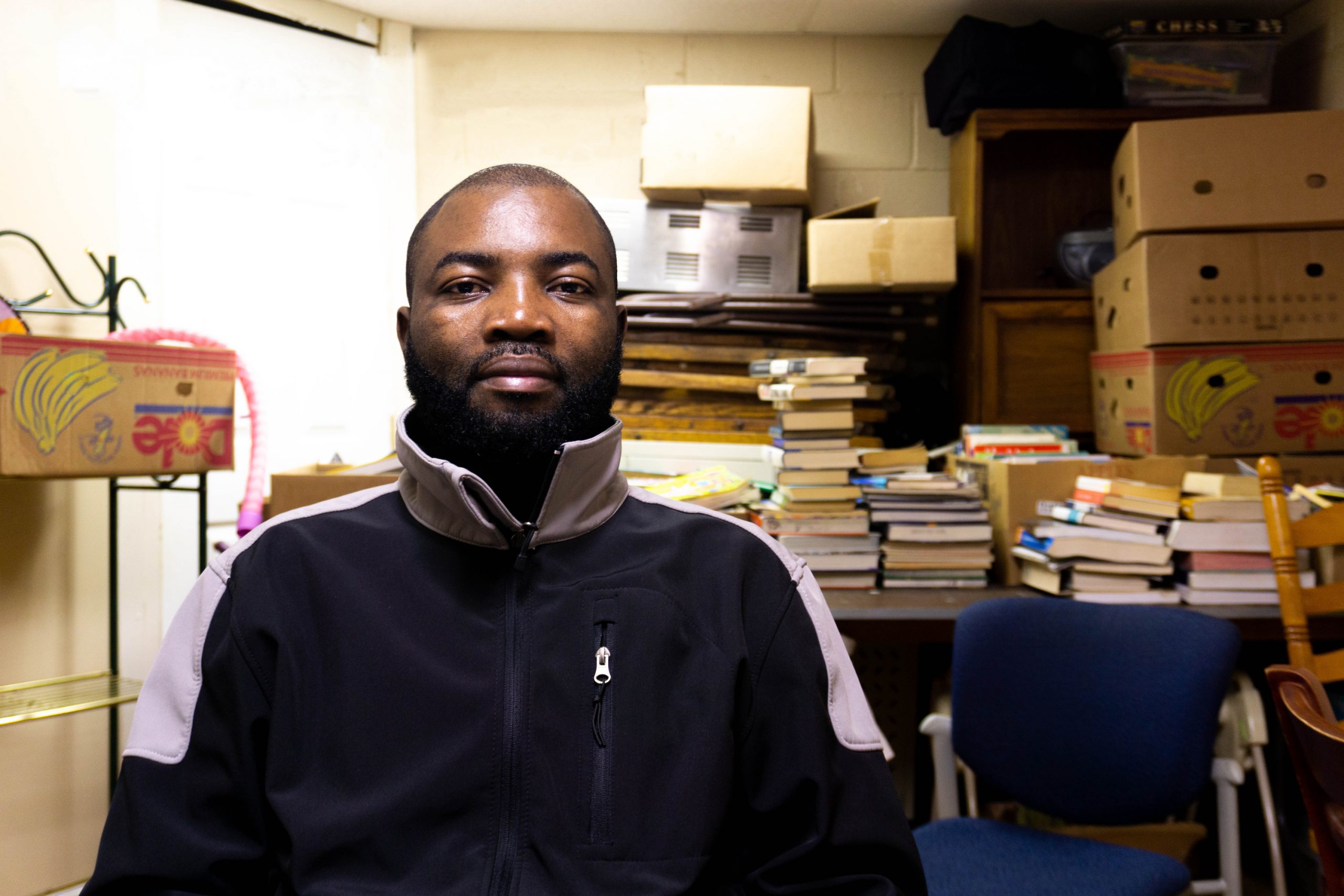
US – “The doctors thought we had tuberculosis. When I take a test for TB it comes back positive. I always have to get a chest X-ray to show that I don’t have TB. When you go to the doctor, you just do what the doctor tells you”.
AHRQ (Agency for Healthcare Research and Quality). 2015 National Healthcare Quality and Disparities Report and 5th anniversary update on the National Quality Strategy. Rockville, MD: U.S. Department of Health and Human Services; 2016. AHRQ Pub., No. 16-0015.
Colby, Sandra L. and Jennifer M. Ortman, Projections of the Size and Composition of the U.S. Population: 2014 to 2060, Current Population Reports, P25-1143, U.S. Census Bureau, Washington, DC, 2014.
Meyer, Harris. “Healthcare Groups Rip Trump Proposal Penalizing Legal Immigrants for Using Medicaid.” Modern Healthcare, 11 Dec. 2018, www.modernhealthcare.com/article/20181211/NEWS/181219987/healthcare-groups-rip-trump-proposal-penalizing-legal-immigrants-for-using-medicaid.
Adi Mittal is a first year medical student at the University of Pittsburgh School of Medicine. He completed this project as a Humanity in Action fellow in Germany and as a Community Based Research fellow at the University of Pittsburgh.
This blog originally appeared on HPHRxHealth Righters.org, an online collaboration of the Harvard Public Health Review, of the Harvard T.H. Chan School of Public Health, and Health Righters.
Health Righters is a multidisciplinary publication exploring the intersection of healthcare and human rights, led in part by Harvard College.
HPHR.org was designed by ComputerAlly.com.
Visit HPHR’s publisher, the Boston Congress of Public Health (BCPH).
Email communications@bcph.org for more information.

Click below to make a tax-deductible donation supporting the educational initiatives of the Boston Congress of Public Health, publisher of HPHR Journal.![]()